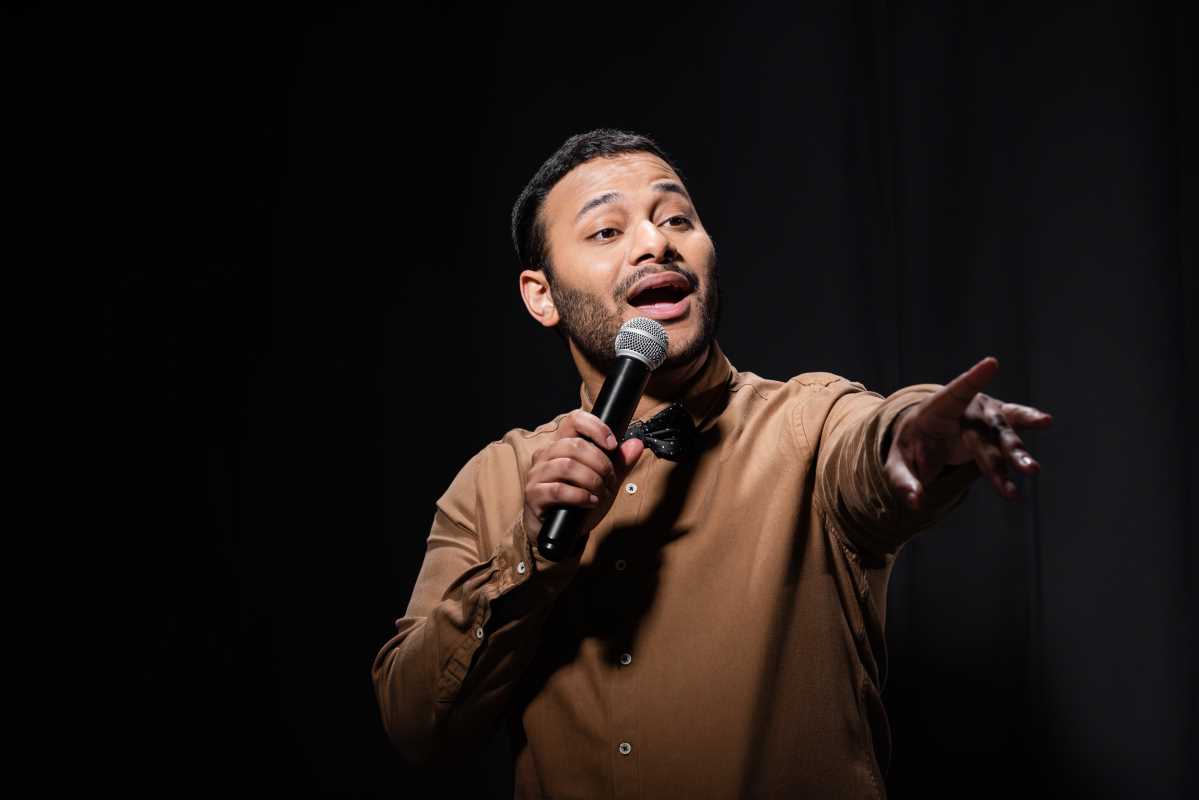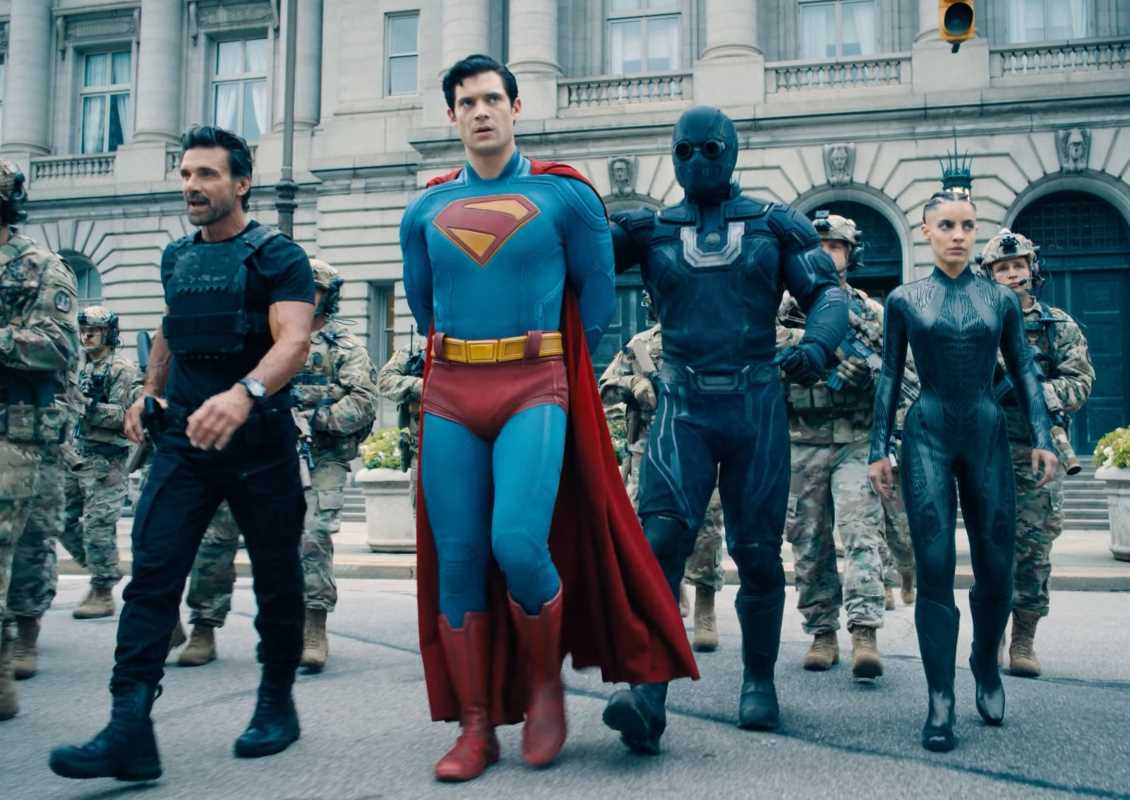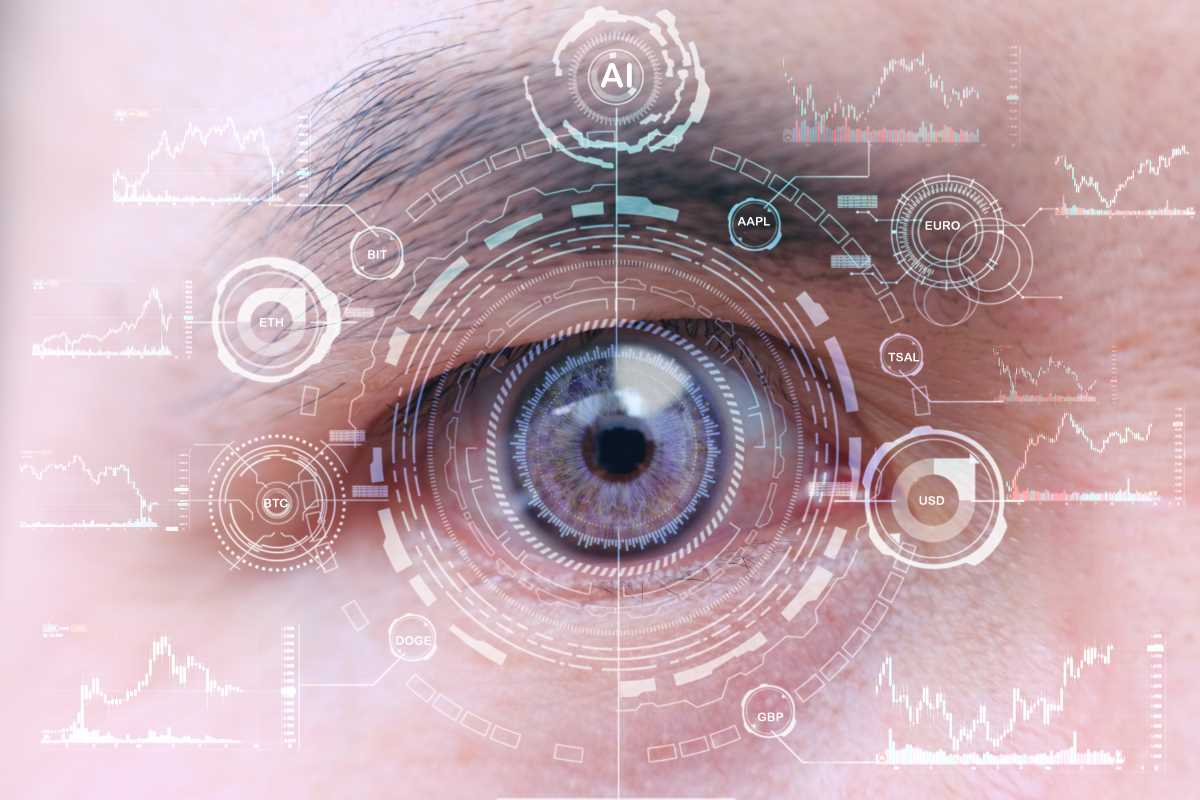Laughter has a way of breaking down barriers. Whether it’s a room full of strangers chuckling over a comedian’s sharp wit or a friend making you giggle after a tough day, humor has long been a unifier. But stand-up comedy offers more than just laughs; it’s become a platform for bold conversations about delicate topics. From mental health to race, sexuality, and religion, comedians use humor to address issues often considered too uncomfortable for polite conversation. And they’re doing it in a way that’s making people think—not just laugh.
Stand-up has evolved from being merely about punchlines and funny anecdotes. It’s now an art form where comics weave jokes with cultural critiques, turning taboo topics into something we can discuss openly. But why has stand-up comedy become such an effective tool for tackling these conversations? What makes comedy so powerful in addressing sensitive issues? And how are today’s comics reshaping the boundaries of what’s acceptable to talk about? Let's explore.
The Power of Comedy to Disarm
One reason stand-up comedy works so well as a tool for discussing taboo topics is that humor acts as a social lubricant. It helps soften topics that might otherwise feel heavy or divisive. When people laugh, they relax, and their defenses come down. That openness creates a space where big ideas and difficult truths can slide in without triggering immediate pushback.
Humor Makes the Hard Palatable
Imagine someone giving a dry lecture about systemic inequality. Now, imagine a comedian delivering the same message but with biting humor and relatable anecdotes. Which one are you more likely to engage with? Comedy grabs your attention and makes tough topics easier to digest. Comics like George Carlin were masters at this. Carlin used humor to expose contradictions in culture, politics, and religion, making his critiques feel less intimidating and more digestible for audiences.
It Bypasses Polarization
We live in a time when opinions can feel like a battlefield. Humor, however, can act as a neutral zone. A good joke doesn’t lecture or accuse; it makes people laugh and think simultaneously. This unique balance is why comedy can open conversations that might otherwise feel impossible in today’s divided world.
How Stand-Up Has Evolved to Address Taboos
If you rewind to stand-up’s earlier days, you’ll find plenty of jokes about everyday life, relationships, and harmless observations. It wasn’t until the scene began pushing boundaries in the 1960s and 70s that taboo topics like politics, race, and gender entered the comedy world in full force.
Comedy as Counterculture
Icons like Richard Pryor and Lenny Bruce flipped the script by using their sets to critique societal norms. Pryor, for example, spoke honestly about race in America, using his sharp wit and personal experiences to challenge stereotypes. Lenny Bruce was famously arrested for his “obscene” humor, proving how taboo challenging the status quo could be at the time. These trailblazing comedians paved the way for stand-up to become a home for rebellious, thoughtful, boundary-pushing humor.
A New Wave of Vulnerability
Modern stand-up has gone even further, bringing vulnerability to the stage. Comedians like Hannah Gadsby (Nanette) and Hasan Minhaj (Homecoming King) have blended comedy with personal stories of trauma, identity, and societal challenges. These groundbreaking specials don’t always seek easy laughs; instead, they use comedy to build empathy while sparking important conversations.
Why Laughter Sticks
One of the reasons stand-up comedy has such an impact is that laughter leaves a lasting impression. Studies have even shown that people are more likely to remember information presented in a humorous way. And when you pair information with entertainment, it has the ability to spread far and wide, especially in today’s social media age.
Forums for Education
Shows like Patriot Act with Hasan Minhaj, which combines comedy with investigative reporting, prove how effective humor can be for educating audiences on serious issues. From student loans to authoritarianism, Minhaj uses comedy as a gateway to educate viewers and inspire action.
Comedy Creates Shareable Moments
We’ve all seen funny clips from comedy specials go viral. The beauty of humor is how quickly it can travel. A well-crafted stand-up bit that touches on sensitive issues can reach millions of people online, where they’ll laugh, learn, and share it with others. This ripple effect extends the conversation beyond the comedy club.
Breaking Down Stigmas, One Joke at a Time
Many comedians today are actively using their platforms to dismantle stigmas surrounding mental health, sexuality, addiction, and other topics that have long been shrouded in shame.
Mental Health Takes Center Stage
Comedians like John Mulaney, Pete Davidson, and Maria Bamford have used humor to talk openly about mental health challenges. These comics share their struggles with anxiety, depression, addiction, and other issues, normalizing conversations that might once have stayed in the shadows. Their humor doesn’t minimize the seriousness of these topics but instead makes them feel relatable and less isolating.
Sex, Gender, and Identity Front and Center
Queer comics like Bowen Yang and Cameron Esposito are reshaping how audiences talk about sexuality and gender. By blending personal stories with sharp wit, they challenge stereotypes and dismantle myths around identity. Meanwhile, comedians like Ali Wong (“Baby Cobra”) unapologetically tackle topics like motherhood, womanhood, and toxic gender roles with their unique comedic voices.
Calling Out Cultural Hypocrisies
Dave Chappelle’s comedy has frequently addressed systemic racism, social injustice, and hypocrisy in modern culture. Whether or not you agree with every take, it’s impossible to deny the way his sharp critiques force audiences to confront uncomfortable truths.
Challenges of Discussing Taboo Topics in Comedy
Of course, pushing boundaries isn’t without its risks. When comedians tackle taboo subjects, they walk a delicate line between sparking conversation and crossing it into offensive territory. Not every joke lands, and not every effort at humor is well-received.
Offensiveness vs. Accountability
The question of “Can we joke about this?” has sparked endless debates in the stand-up world. Does freedom of expression mean comedians should have free rein, or do they have a responsibility to avoid certain topics? The answer often lies in intention and delivery. A thoughtful joke that challenges norms is one thing; a punchline that punches down at marginalized groups is another.
The Rise of “Cancel Culture”
When jokes misfire, comedians risk being “canceled” online, facing backlash for their material. Some argue that this holds comics accountable, while others see it as a stifling pressure that limits creativity. The truth likely lies somewhere in the middle, where comedians are learning to tread the line between boldness and empathy.
Why Stand-Up Comedy Is Important to the Conversation
Despite its challenges, stand-up comedy remains a powerful space for discussing taboo topics because it’s rooted in connection. A good comedian doesn’t just tell jokes; they build bridges between themselves and their audience. Humor enables them to reach across divides and make us all laugh at our shared human experiences.
Empathy Through Humor
When comedians share deeply personal stories, they humanize issues that might otherwise feel distant. A joke about facing racism, for example, can help audiences understand the emotional toll of discrimination better than any speech might.
Starting the Dialogue
Stand-up opens the door to conversations that might not happen otherwise. After all, if you laughed during a comedy special, you might feel more comfortable bringing up that same topic at the dinner table or with friends. It’s a spark that keeps the dialogue going long after the set is over.
 (Image via
(Image via





